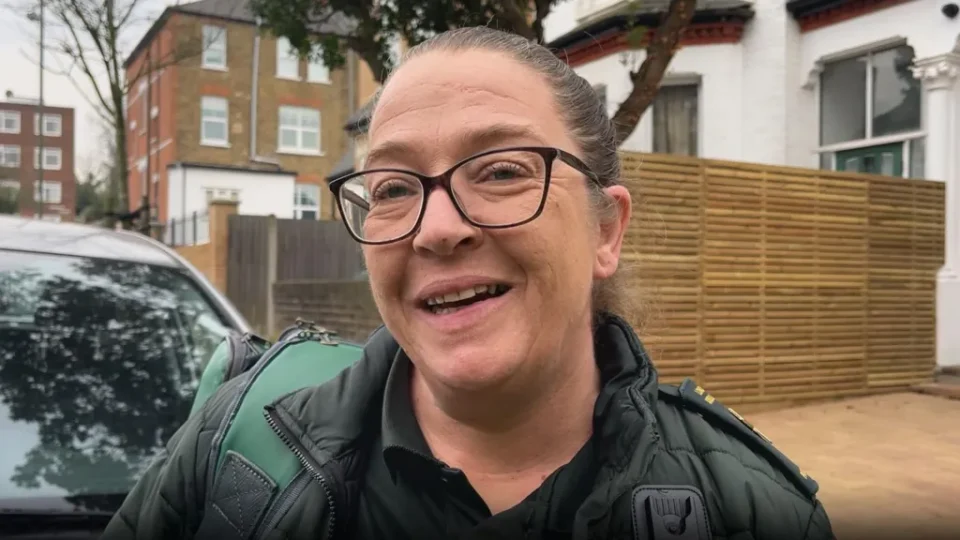“I focus on physical health, while Clara addresses the mental health aspects. By collaborating effectively, we achieve the best results for our patients,” explains paramedic Nicola Hughes.
She constitutes one half of a specialized duo from the London Ambulance Service (LAS), deployed in a response vehicle to ensure that mental health patients receive timely and suitable care.
This initiative, which has now grown to include six response vehicles, was established a decade ago to provide expert support for individuals facing mental health crises.
Currently, the service’s mental health professionals are responsible for the care of approximately 9,000 patients each month.
Ten years back, LAS introduced a limited number of mental health nurses into the emergency control room to evaluate and offer guidance to those in crises.
In 2018, the service formed teams of paramedics and mental health clinicians operating in rapid-response vehicles.
Their mission is to help patients avoid the anxiety associated with visiting crowded A&E departments, facilitating better care options whenever possible.
“The highlight of this profession is the work we do,” stated mental health nurse Clara Mmazhandu.
“Our aim is to support individuals in the community, allowing us to keep them where they feel most comfortable.
“There is often no need for hospital visits. Having experience in A&E and psychiatric liaison, I can confidently say it’s one of the least suitable environments for our service users.
“The hustle and bustle create a highly stressful atmosphere for them.”
Ms. Mmazhandu further noted that the purpose of the mental health joint response vehicle includes assessing risk levels and coordinating with community mental health teams to develop effective care plans.
LAS has now expanded its team to over 40 clinicians, comprising mental health paramedics, seasoned nurses, social workers, and occupational therapists, who operate in mental health joint-response vehicles and the emergency control room.
“Due to the remarkable efforts of our dedicated specialists, we now only transport 18% of patients experiencing a mental health crisis to A&E,” remarked Carly Lynch, the consultant nurse for mental health at LAS.
“With the increasing prevalence of mental health issues, we are thrilled to offer this service, and I take great pride in the fact that we were pioneers when we initiated this program ten years ago.”


